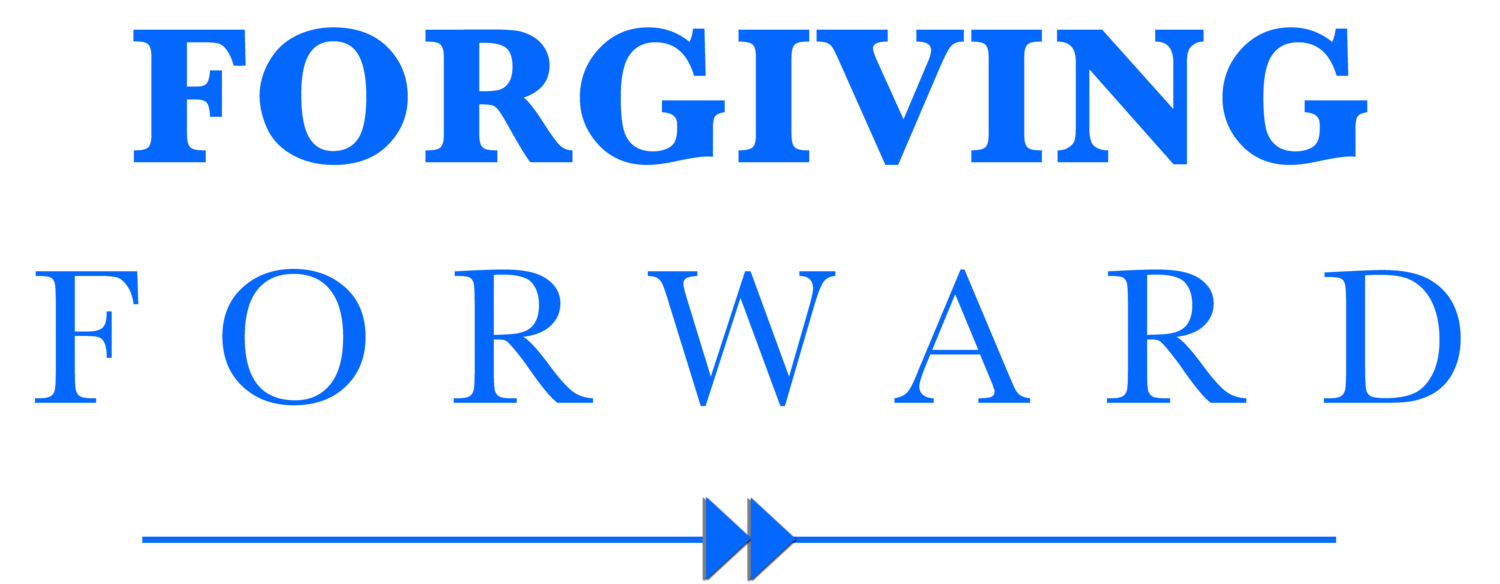Rosh Hashanah and Yom Kippur
The Jewish festival of Rosh Hashanah is celebrated annually by Jews all over the world. It typically falls on a date September, 163 days after the first day of Passover. Rosh Hashanah celebrates the beginning of a new year on the Jewish calendar and ushers in the Ten Days of Awe culminating in a major fast on Yom Kippur, the Day of Atonement. This period is considered the most holy time of the Jewish year.
The theme of Rosh Hashanah (which means “head of the year”) and the Ten Days of Awe is repentance. For ten days, the Jewish people are to focus on their sins of the past year. As they contemplate how they have violated God’s laws and injured other people, they are to confess their sins to God and seek to make things right with those they have violated. This is an important time of reflection and introspection to consider the consequence of their sins in order to be motivated not to repeat them. According to tradition, Rosh Hashanah is also called the Day of Judgment in which God opens up the Books of Life and Death for the year.
The focus on repentance is designed to highlight their need for forgiveness and reconciliation with God and culminates in Yom Kippur, the Day of Atonement. This is the holiest day of the year and is a day of fasting to express their repentance and need for forgiveness. On this somber day, the priests forego their usual ornate attire and leather sandals and wear all white as a sign of personal purity. It is a day to turn away from anything humanly mundane and focus on their relationship with God. The community hoped that God would accept their contrition and animal sacrifices as atonement for their sins and write their name in the Book of Life for the upcoming year.
But, in ancient Israel, the Day of Atonement was never a done deal.
In January 1972, just prior to Super Bowl VI, Dallas Cowboys running back Duane Thomas was asked, “How does it feel to play in the ultimate game?” He famously responded, “If it’s the ultimate game, how come they’re playing it again next year?” The same thing is true about anything administered by people. We can never ultimately settle anything, especially when it comes to sin.
At most, the Israelites could feel somewhat secure for a few days a year because the Day of Atonement was an annual event. Every year they repeated the same confessions, the same rituals and the same sacrifices, only different details and different animals. Why? Because “It is impossible for the blood of bulls and goats to take away sins.” (Hebrews 10:4) Created things tainted by sin, can never settle sin’s debt. Rosh Hashanah and the Day of Atonement were not designed to be the solution to man’s sin problem, but rather to point to the One who was promised to be the answer.
“But when Christ appeared as a high priest of the good things to come, He entered through the greater and more perfect tabernacle, not made with hands, that is to say, not of this creation; and not through the blood of bulls and goats and the ashes of a heifer sprinkling those who have been defiled, sanctified for the cleansing of the flesh, how much more will the blood of Christ, who through the eternal Spirit offered Himself without blemish to God, cleansing your conscience from dead works to serve the living God? (Hebrews 9:11-14)
“For Christ did not enter a holy place made with hands, a mere copy of the true one, but into heaven itself now to appear in the presence of God for us; nor was it that He should offer Himself often, as the high priest enters the holy place year by year with blood not his own but now once at the consummation of the ages He has been manifested to put away sin by the sacrifice of Himself. And inasmuch as it is appointed for men to die once and after this comes judgment, so Christ also having been offered once to bear the sins of many, shall appear a second time for salvation without reference to sin to those who eagerly await Him. (Hebrews 9:24-28)
The yearning for annual forgiveness yields to the revelation of eternal forgiveness paid for by the Blood of Jesus.
The insufficiency of the animal sacrifices gives way to the sufficiency of the Lamb of God who was slain from the foundation of the world.
The hope that our name would be written in the Book of Life for the next year, because of the Blood of the Cross, transforms into the assurance that our name is written in the Lamb’s Book of Life… forever.
One last passage to consider:
Every priest stands daily ministering and offering time after time the same sacrifices, which can never take away sins; but He, having offered one sacrifice for sins for all time, sat down at the right hand of God, waiting from that time onward until His enemies be made a footstool for His feet. For by one offering He has perfected for all time those who are sanctified. (Hebrews 10:11-14)
As we reflect on these High Holy Days of Rosh Hashanah and Yom Kippur, let’s celebrate that the ultimate Day Of Atonement was accomplished over 2000 years ago on an old rugged Cross where the spotless Lamb of God was slain for the sin of the world. It never has to be repeated!
